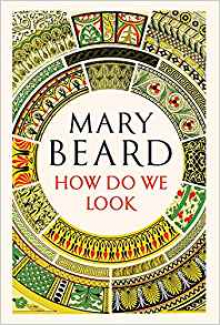
Is it really the case, for example, that Greek tragedy has a unique power to ‘say the unsayable’, as the contributors repeatedly suggest? When Hall writes of Bobby Kennedy’s speech that ‘only Aeschylus would do’, why does she think that a carefully chosen quote from Shakespeare, say, would have done Kennedy’s job any less well? It would have been useful, in fact, to see some discussion of how the fate of the Bard (who has his own honourable record as a vehicle for political dissent all over the world) differs from that of Greek tragedy. It would even have been useful to get a glimpse of some opposition to the current theatrical enthusiasm for all things Hellenic. What of the argument, for example, that ancient tragedy is more the problem than the solution, and that part of the reason why Western culture deals so ineffectively with the horrors of war, or the inequalities of gender, is that it cannot think through these issues outside the frame established in Athens more than two millennia ago? And what of the argument, rather briefly skated over by Lorna Hardwick in her essay on post-colonialism, that performances of the Bacchae in Cameroon or Antigone in South Africa – far from being politically empowering interventions – in fact represent the ultimate victory of the colonial power. Native culture may throw out its political overlords, but it is still left performing their damned plays.
This is from the article "Only Aeschylus Will Do", which, as I am approaching the end of the book, is proving an excellent bridge to my upcoming reading project about the Classical world.
It also poses interesting questions about cultural imperialism, and how insidious it is. Beard poses the question of whether a quote by Shakespeare could not have had the same effect. But to what extent is using Shakespeare not just another example of the same cultural imperialism?
It's a rhetorical question more than anything, but the mention made me think.

 Log in with Facebook
Log in with Facebook 
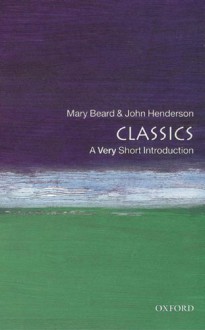




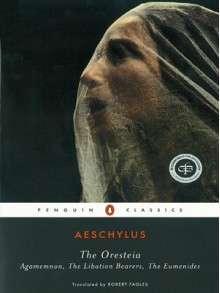
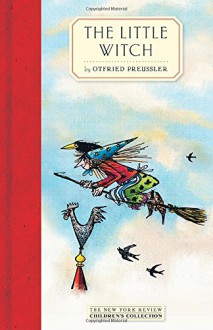

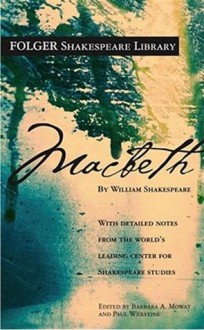







 Witches.
Witches. 



